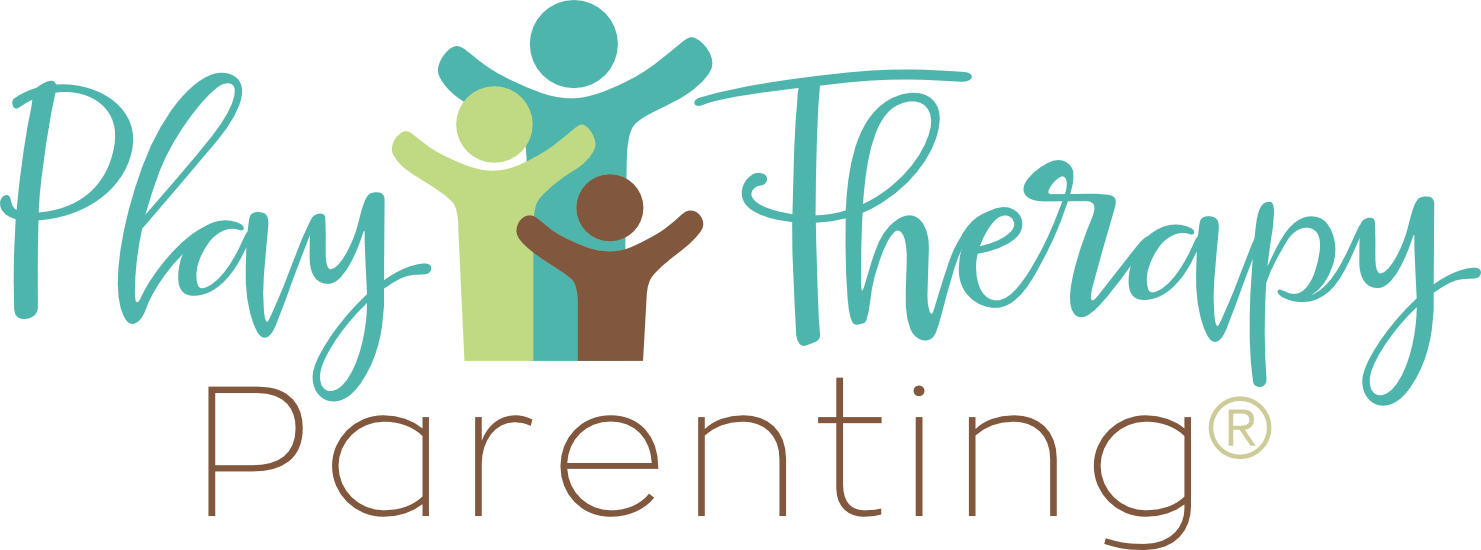S2E19 – Diffusing Power Struggles: A Play Therapy Approach to Parenting
In this episode, I discuss the topic of power struggles between parents and children. I explain why these struggles occur, provide a framework for handling them, and offer practical advice rooted in child-centered play therapy principles.
I emphasize the importance of understanding the “why” behind power struggles. Children often seek control because they have little of it in their daily lives. By recognizing this, parents can approach these situations with more empathy and effectiveness. I introduce a framework using three of the four pillars we’ve discussed in previous episodes: reflecting feelings, giving choices, and setting limits when necessary.
I stress the significance of staying neutral during power struggles and explain how this approach can help diffuse tense situations. By being a “thermostat” rather than a “thermometer,” parents can model emotional regulation and bring calm to challenging interactions. Throughout the episode, I provide examples of how to apply these principles in real-life scenarios, empowering parents to handle power struggles with confidence and composure.
Ask Me Questions: Call (813) 812-5525, or email: [email protected]
Podcast HQ: https://www.playtherapyparenting.com/
My Newsletter Signup: https://www.playtherapyparenting.com/newsletter/
My Podcast Partner, Gabb Wireless: https://www.playtherapyparenting.com/gabb/
Navigating Power Struggles: A Play Therapy Approach to Parenting
Power struggles are an inevitable part of parenting, but they don’t have to be a constant source of frustration. As we dive into this topic, we’ll explore the reasons behind power struggles, provide a framework for responding effectively, and discuss principles to guide our communication and interactions with our children.
Understanding the “Why” Behind Power Struggles
The “why” matters significantly when it comes to power struggles. Children often engage in power struggles because they want control. This might initially seem frustrating, but let’s unpack it further.
Kids have control over very little in their lives. They feel powerless and out of control almost every minute of their day, every day of their lives. So, it makes sense that they’re going to grasp at any measure of power and control they can take.
When we see things through this lens, we’re not just dealing with a difficult, frustrating child. Instead, we understand that they’re trying to have some control in a world where they have very little. This understanding provides us with a more effective path moving forward.
A Framework for Handling Power Struggles
The child-centered play therapy approach provides a foundation and framework for navigating power struggles. This framework allows us to know exactly what to do when a child is power struggling with us. We’ll use three of the four pillars we’ve discussed in previous episodes:
- Reflect the child’s feeling: Acknowledge how the child feels because it’s valid. This can help diffuse the intensity of the power struggle.
- Give choices: Providing choices consistently gives children a measure of power and control, which is the antidote to power struggles.
- Set limits: If the behavior warrants it, set appropriate limits.
The Importance of Staying Neutral
One of the key aspects of this framework is that it allows you to stay neutral. When a child is escalating and grabbing for power, the more neutral you stay, the less the situation blows up.
Remember the “thermostat, not thermometer” rule of thumb. As a thermostat, you adjust according to what’s going on. If your child is at a 10 on the emotional scale, you come down to a 2. This not only models self-control and emotional regulation but also helps bring the child’s emotional state down.
Applying the Framework: A Practical Example
Let’s consider a common scenario: bedtime struggles. Instead of escalating the situation with frustration, try this approach:
- Reflect the feeling: “You really don’t want to go to bed right now.”
- Provide choices: “You can choose to go to bed right now or in two minutes. Which do you choose?”
Notice how this approach gives a sense of power to the child while still maintaining the bedtime boundary. It diffuses the intensity and helps the child feel heard, all while staying neutral and calm.
The Benefits of This Approach
By using this framework, you can:
- Be confident in your response
- Stay neutral, which prevents escalation
- Model self-control and emotional regulation
- Help bring your child’s emotional state to a calmer level
The Path to Calm, Confident, and In-Control Parenting
Understanding the why behind power struggles, having a framework to respond, and maintaining neutrality are key to handling these challenging situations. This approach allows you to be calm, confident, and in control during power struggles.
Remember, no one likes to be told what to do or feel they have no control over their lives. By putting ourselves in our children’s shoes, we can respond with empathy and effectiveness, turning potential conflicts into opportunities for connection and growth.
As you go through your week, try to recognize when a power struggle is starting and respond intentionally using this child-centered play therapy perspective. With practice, you’ll find yourself navigating these challenges with greater ease and confidence.

